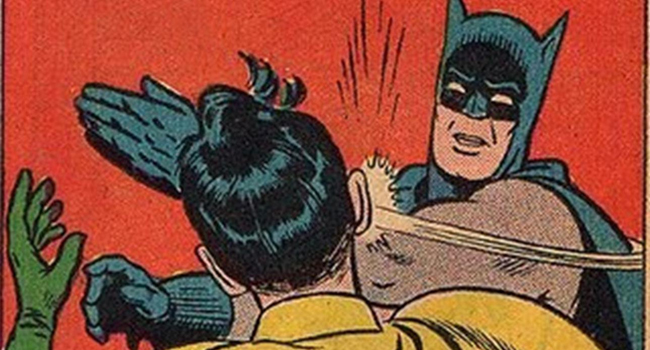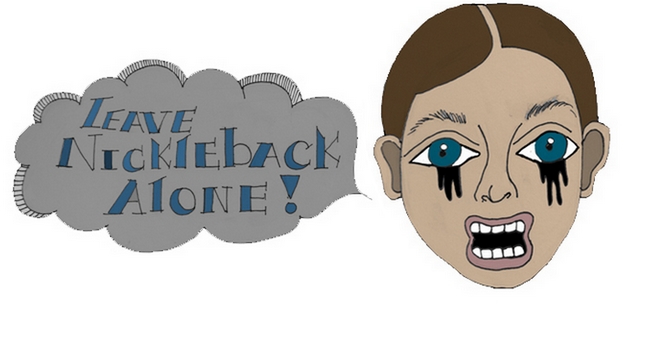Thanks to social media and text message capabilities, our world is full of acronyms. Some are easy to recognize (LOL, BRB, FML). Soon this internet slang grew outside of its own medium and into daily vocabularies. Here is a new one even for the savviest of techies: NKOTBSB. Any guesses?
It may be an acronym to pay attention to, as it will be sweeping our country in a vile wave of destitution. No, it is nothing like H1N1. It is not Y2K. It is something much, much worse.
New Kids on the Block has just announced a reunion tour with the Backstreet Boys, marketing the double-slap of boy band nostalgia as ‘NKOTBSB.’ Back in the groups’ prime, New Kids on the Block and the Backstreet Boys were fairly recognized as acronyms, which would have come in handy for the technologies of today. Instead of wasting precious typing moments at 90WPM (Bet you recognized that one, didn’t you?!), proclamations of “OMG, the NKOTB record is sooooooooooo awesome” or “BSB ROX MY LIFE” could have been made a whole .0039 seconds faster.
Unfortunately, the boy bands’ abbreviated monikers preceded the heavy acronym trend and did nothing for the fans besides replace syllables with letters; both taking the exact same amount of time to pronounce. Rather than justifying the reasoning of past marketing groups on shortening names, shift focus to the present and what NKOTBSB has to offer to a music world vastly different from the one that it entered into long ago.
Examined chronologically, New Kids on the Block fans of yesteryear are probably dabbling in their 30s. Not many will have enough humility to ask off work the next day with the reason being that they went to a NKOTB concert. They will need to pick up the kids from daycare and make dinner and the list continues, taking up an entire day. As for Backstreet Boys fans, they are far too busy with college to possibly set aside an evening for their former objects of lust. These fans have moved from BSB to college radio. The closest they get to touching pop now is Neon Indian.
What is the combination of these two groups going to accomplish? What demographic are they so desperately trying to grasp? The combination, although fitting if you are examining influences and style, seems to cross too many generational gaps. This is true even though the groups’ peak successes are relatively close in a large, overarching standpoint.
It is the same point that many people make with “classic” rock, which now spans from the 1960s to parts of the 1980s. The buzz bands of that giant gap of time catered to a completely different age group in just a matter of years. NKOTBSB would never be doubly enjoyable (if they ever were considered such singularly) because no matter what a fan will be isolated from one part of the touring duo.
Another horrifying point to consider is that this is the industry’s blatant attempt at a boy band reincarnation.
Before we know what has hit us, Justin Timberlake will stop his acting career (hooray!) and resume his position as the sweetheart of ‘N Sync. Nick Lachey will emerge zombie-like from the depths of celebrity reputational graveyards and reunite the other unknown members of 98 Degrees. The work that has been done progressively in pop music has been astounding over the last few years. More electronic influences have been prevalent in songs, and even a few talented rock musicians have managed to slip through the cracks and into the spotlight.
This boy band trend, however, threatens to eat away at the work that has been done and reboot a late ’80s and ‘90s brand of popular music even less tolerable than Ke$ha.
Ten or twenty years ago, they had silky smooth complexions and prettier hair than every single girl at a middle school, but the Backstreet Boys and New Kids on the Block have no excuse to tour together or separately today. Choreographed dance moves executed by their aging bodies will come across like the worst contestants on “Dancing With the Stars.” Their voices have surely changed, and they will inevitably try to play new material which will bore everyone to tears. It is best that the respective groups remain in luxurious pits of isolation to stew on how many minds they poisoned “back in the day.”



